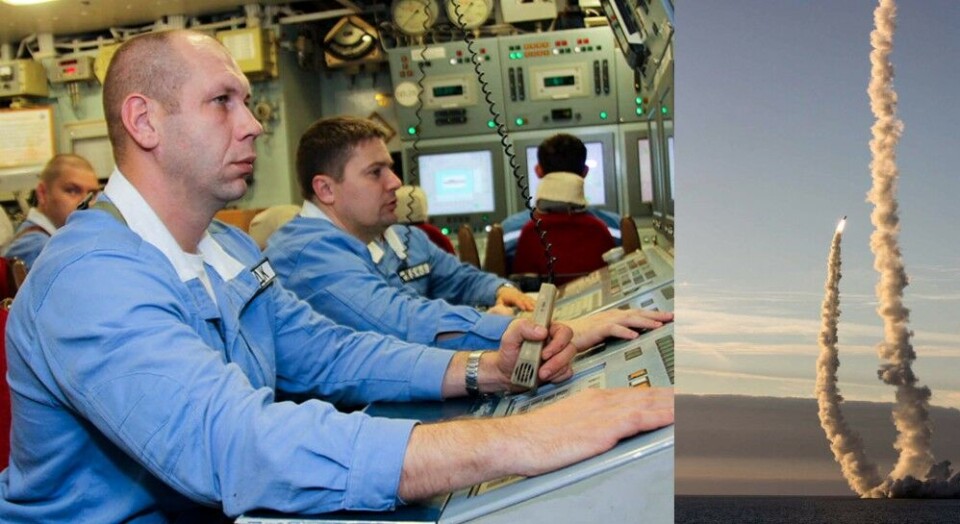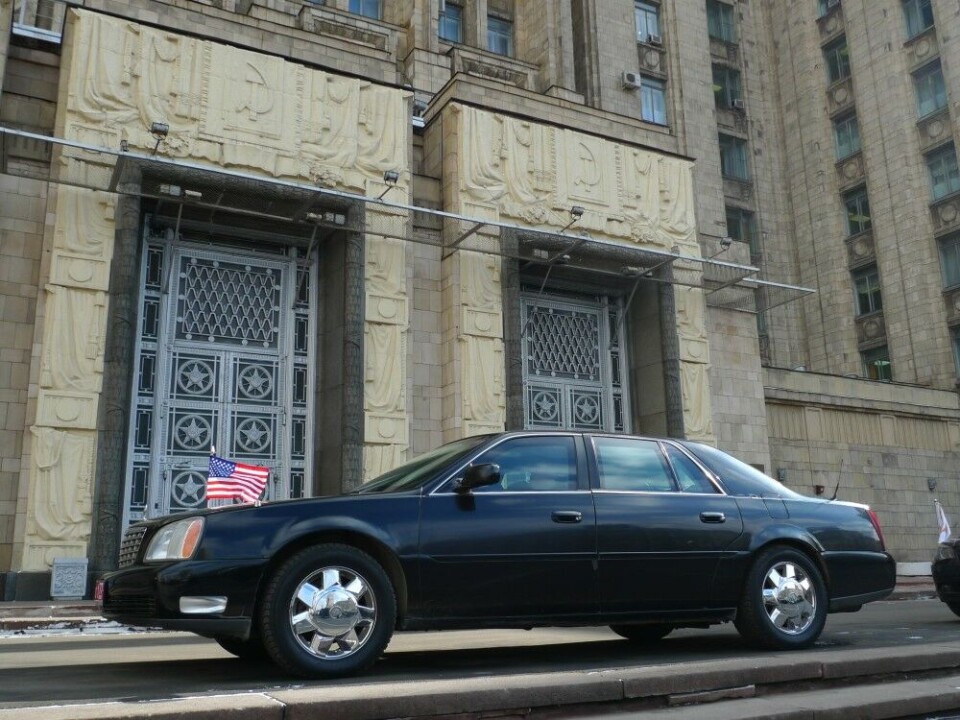
Russia and the U.S. extend nuclear arms treaty
No room for another unconstrained nuclear arms race as President Putin and President Biden in a last-minute call agreed to extend the New Start Treaty until February 5, 2026.
The exchange of diplomatic notes on extending the New Start Treaty by five years took place on February 3, only two days before the agreement signed by President Obama and President Medvedev in 2010 would have expired.
Biden and Putin came to the agreement in a phone conversation on January 26.
The treaty limits the number of deployed strategic nuclear warheads to 1,550 on each side. Also, deployed missiles and bombers shall not exceed 700, while deployed and non-deployed launchers must not be higher than 800 in each of the two countries.

For the Kola Peninsula, the deal means there can’t be an uncontrolled increase in the number of nuclear warheads and missiles deployed on the Delta-IV and Borei-class submarines sailing out of the naval base in Gadzyievo.
The New Start Treaty does not limit the number of non-strategic warheads.
Prolonging the treaty 48-hours before it expired brings hope of deescalating tensions between Russia and NATO.
“We expect that the understanding, reached with Washington regarding the future of the New START Treaty as a cornerstone of international security, would allow to leave behind the trend towards dismantling of arms control and nonproliferation mechanisms, so prevalent in recent years due to US destructive policies,” the Foreign Ministry in Moscow said in a statement.
U.S. State Department underlines that the treaty provides for “a better insight into Russia’s nuclear posture.”
“Through date exchanges and onsite inspections that allow U.S. inspectors to have eyes on Russian nuclear forces and facilities,” the statement from Washington D.C. said.
NATO welcomes the extension but said in a statement “it remains clear-eyed about the challenges Russia poses.”
“We will work in close consultations to address Russia’s aggressive actions, which constitute a threat to Euro-Atlantic security,” a statement from the alliance said.
















